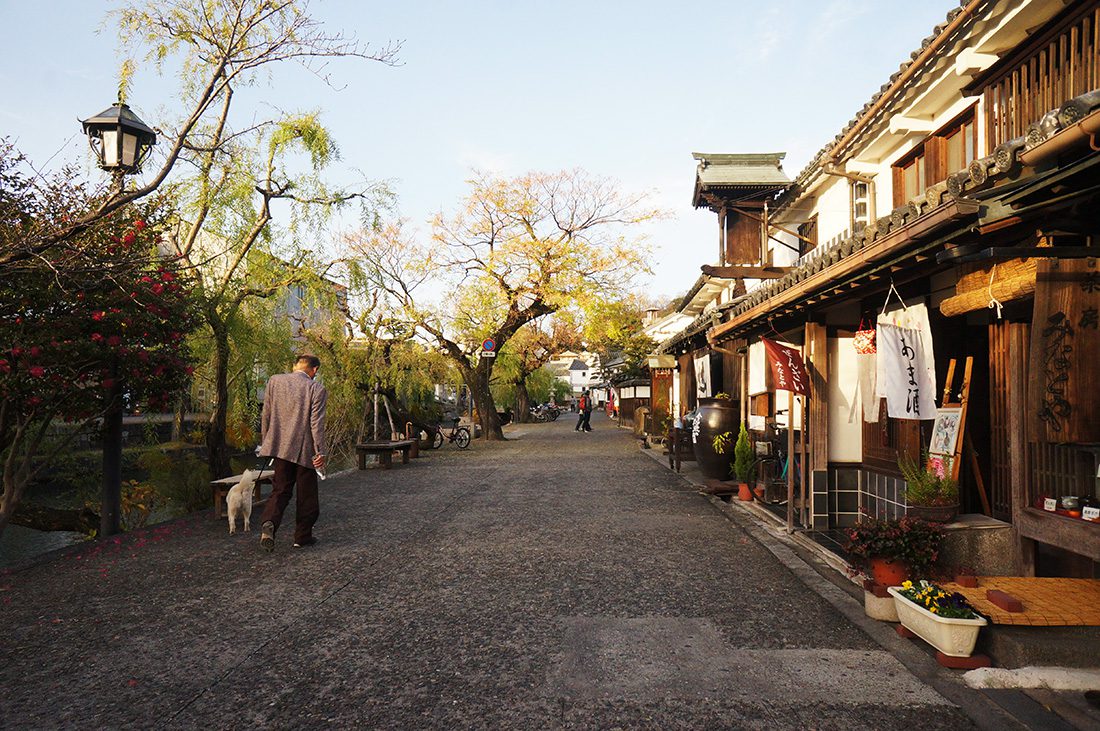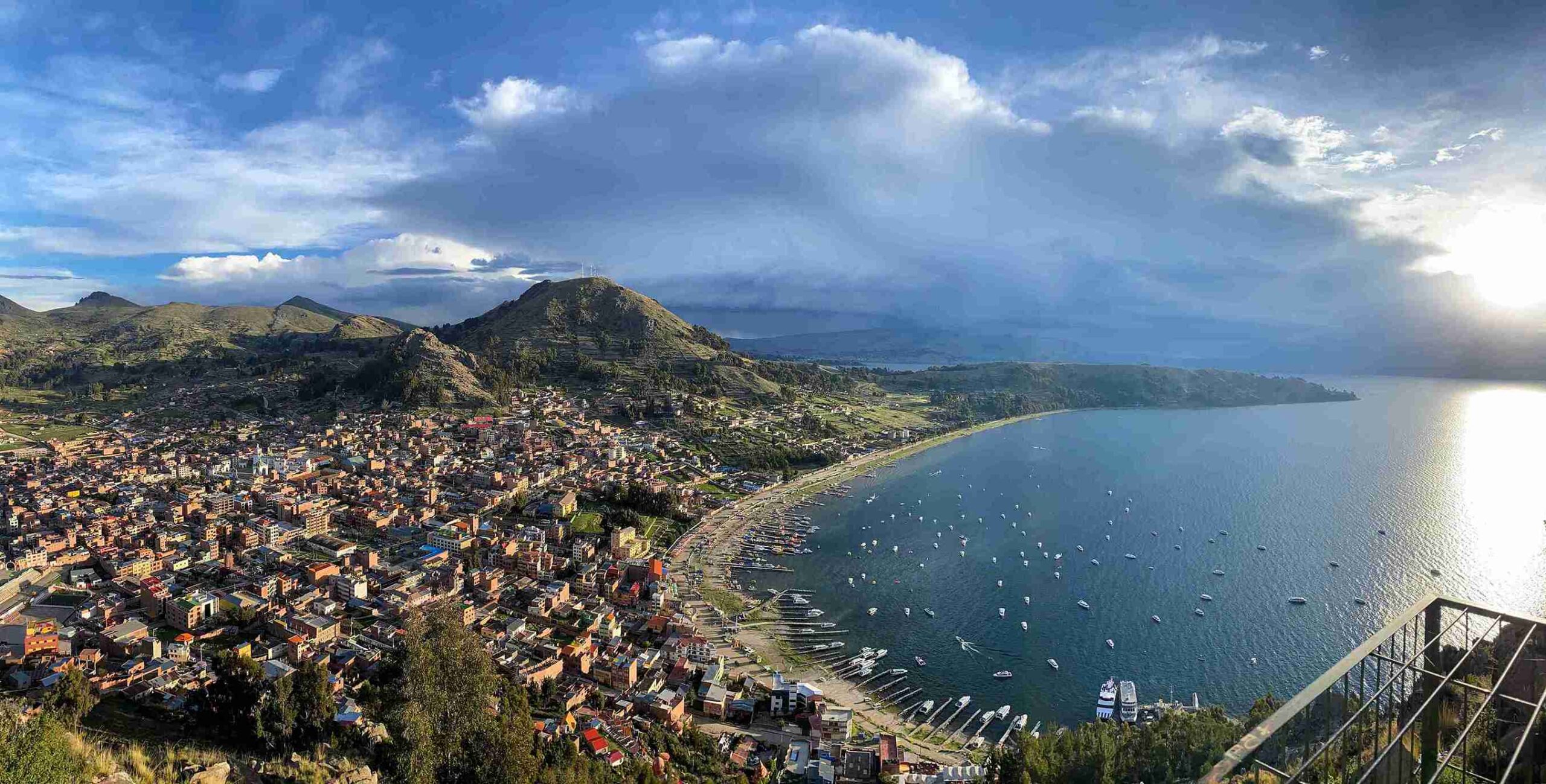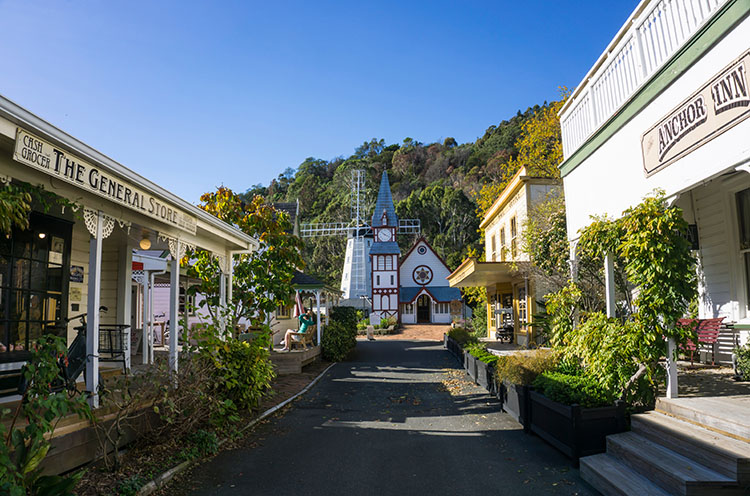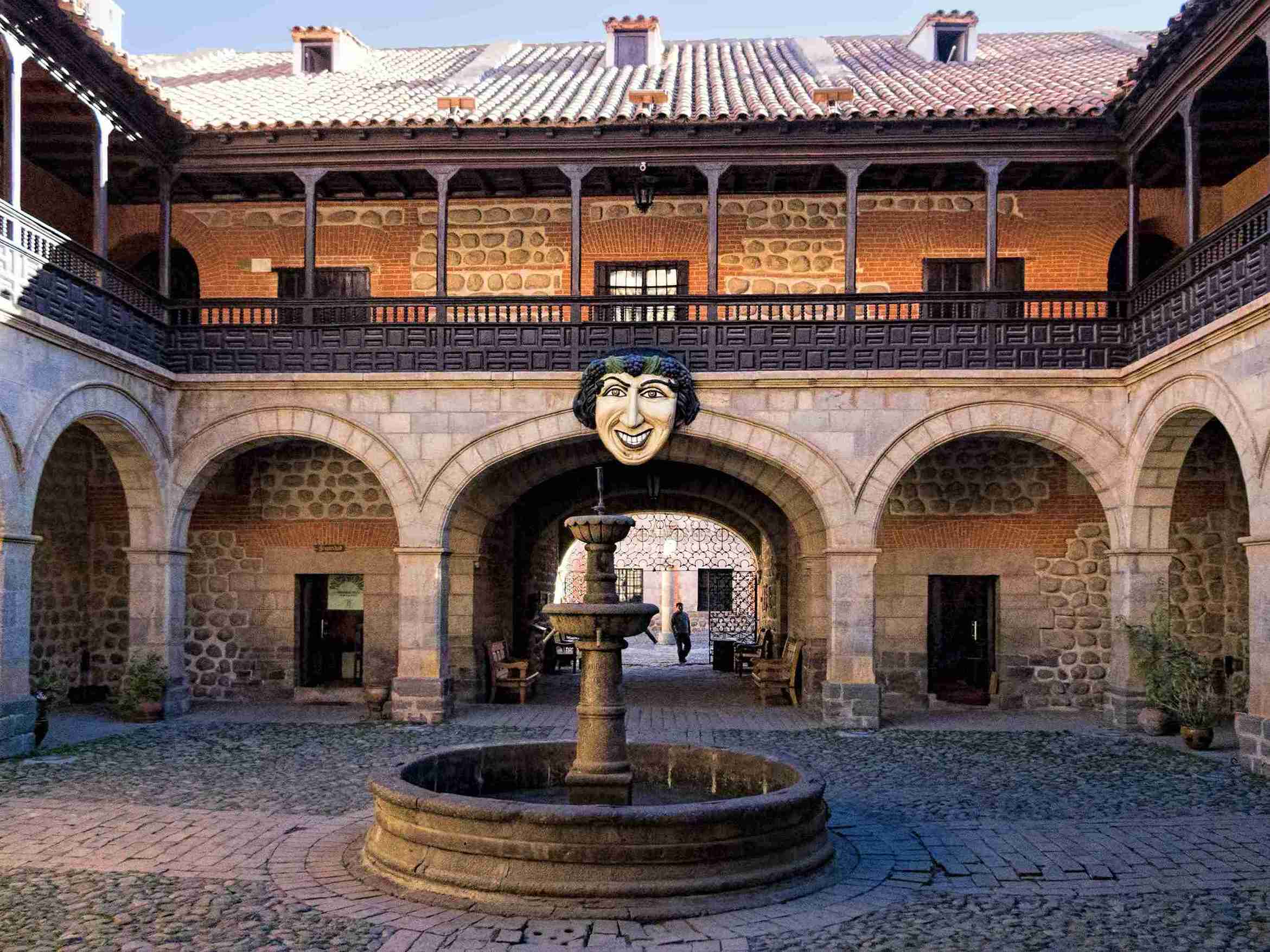Lalibela, Ethiopia – Travel Tips
Category
Categories
Popular Articles
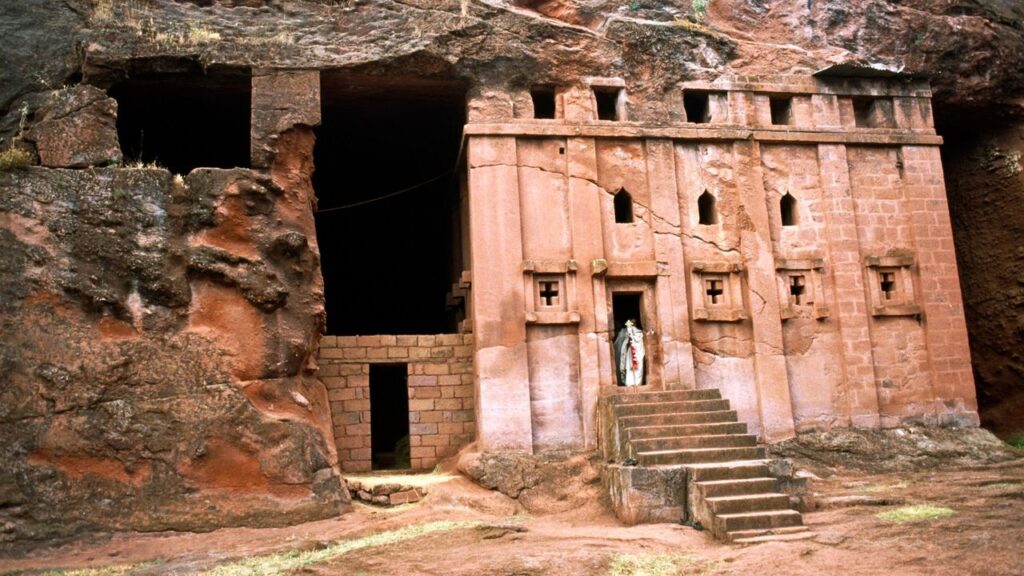
**Overview of the Destination: Lalibela, Ethiopia**
Known as the “New Jerusalem” and home to one of the world’s most astounding sacred sites, Lalibela is renowned for its exceptional rock-hewn churches, which are a UNESCO World Heritage Site. Nestled in the highlands of Northern Ethiopia, Lalibela offers a unique glimpse into an ancient and deeply spiritual world. From holy celebrations to breathtaking landscapes, it’s a place that combines profound history with natural beauty — a bucket list destination if there ever was one.
**Best Time to Visit: Weather and Festivals**
The best time to visit Lalibela is from September to February when the weather is drier and cooler. This period also aligns with major Orthodox Christian festivals like Enkutatash (Ethiopian New Year) in September, and Genna (Ethiopian Christmas) in January. During these festivals, pilgrims flock to the rock-hewn churches, creating a vivid and unforgettable spectacle.
**Climate & What to Pack**
Lalibela has a subtropical highland climate. Daytime temperatures range from 20°C to 25°C, dropping sharply at night. Pack lightweight, breathable clothing for daytimes and warmer layers for the cooler evenings. Don’t forget a good pair of walking shoes, a hat, sunscreen, and a rain jacket if you’re visiting in the rainy season (June to September).
**Getting There: Airports and Visas**
The nearest major airport is Addis Ababa Bole International Airport, the primary hub for Ethiopian Airlines. From Addis Ababa, you can take a domestic flight to Lalibela Airport. On arrival, visa on demand is available for most nationalities. However, it is recommended to arrange an Ethiopian visa before your trip to avoid potential delays.
**Getting Around Locally**
The actual town of Lalibela is compact and can easily be explored on foot. However, for visiting farther sights, taxis or hired vehicles are available. Public transport like minibuses or Bajajs (small tricycles) are also available. Unfortunately, there’s no option to rent a car or scooter in Lalibela.
**Safety Tips**
Lalibela is generally considered safe for tourists. However, like anywhere, it’s advisable to keep an eye on your belongings and avoid traveling alone at night. Please respect local traditions, especially while visiting the sacred churches. Women are advised to dress modestly (cover shoulders and knees).
**Top Things to Do & See**
The 11 medieval rock-hewn churches are the star attractions here. The Church of St. George, carved in the shape of a cross, and the Northwestern Cluster of churches are must-visits. Consider hiring a local guide to fully understand the history and significance. For nature lovers, the trek to Mount Abuna Yosef offers stunning panoramic views.
**Where to Stay**
Luxury travelers can check into the Mountain View Hotel, offering beautiful views and luxurious amenities. For mid-range options, the Maribela Hotel is comfortable and strategically located. On a budget? Consider Tukul Village, an eco-friendly option if you prefer more homely accommodation.
**Food & Local Cuisine**
Lalibela offers plenty to tantalize your taste buds. Try the Injera (sour flatbread) with Doro Wat (spicy chicken stew), or Fitfit (Injera mixed with sauce). For a traditional dining experience, try Ben Abeba Restaurant, or Seven Olives Hotel. Don’t forget to try the traditional coffee ceremony, an integral part of Ethiopian social and cultural life.
**Cultural & Practical Tips**
The official language is Amharic, but English is widely spoken in tourist areas. The currency is Ethiopian Birr. Tipping is customary in Ethiopia (around 10%). Electricity is 220V, with European-style two-pin plugs. Wi-Fi can be slow or sporadic, though most hotels offer access.
**Sustainable or Responsible Travel Tips**
Avoid taking photos without permission, especially of religious ceremonies or sites. Opt for locally owned businesses to support the local economy. And remember, the churches are active religious sites – be respectful of worshippers.
**Personal Tip**
For a truly ethereal experience, visit the churches early in the morning when Pilgrims fill the passages with echoing chants and ethereal hymns. Prepare for an immersive journey reverberating with culture, faith, and age-old traditions in the heart of ancient Ethiopia.



